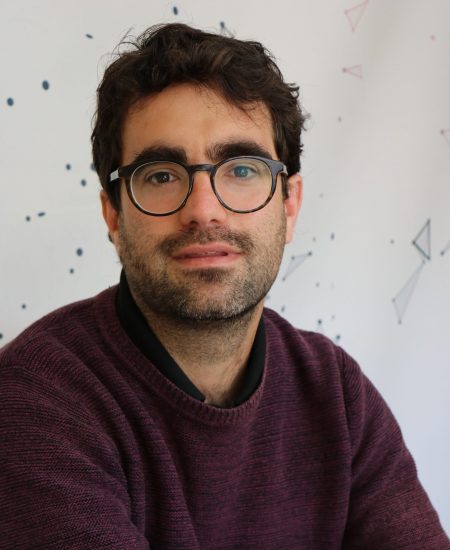IMDEA Networks


Dr. Guillermo SUAREZ-TANGIL
Research Assistant Professor
- Afiliación: IMDEA Networks Institute, King´s College London
- PhD: Computer Science - Universidad Carlos III de Madrid. Madrid, España
- Puesto anterior: Lecturer (Assistant Professor). King’s College London. Reino Unido
- Fecha de incorporación: Octubre 2020
Biografía
Guillermo Suarez-Tangil is Assistant Professor IMDEA Networks. His research focuses on modeling emerging threats in online communities and devising effective mitigation strategies. His background is on systems security and malware analysis and detection. In particular, in the study of smart malware, ranging from the detection of advanced obfuscated malware to automated analysis of targeted malware. Guillermo is also part of the Cybersecurity research group at King’s College London (KCL). Before joining KCL, he has been senior research associate at University College London (UCL) where he has explored the use of program analysis to study malware. He has also been actively involved in other research directions aiming at detecting and preventing of Mass-Marketing Fraud (MMF) and security and privacy in the social web.
Prior to that, he held a post-doctoral position at Royal Holloway, University of London (RHUL) where he was part of the development team of CopperDroid, a tool to dynamically test malware that uses machine learning to model malicious behaviors. He also holds a solid expertise on building novel data learning algorithms for malware analysis. He obtained his PhD on smart malware analysis in Carlos III University of Madrid with distinction and received the Best National Student Academic Award—a competitive award given to the best Thesis in the field of Engineering between 2014-2015 with about 1% acceptance rate (about 100 Cum Laude Thesis were invited to compete for the only award).
Proyectos de investigación
COMET
Investigador principal
Comprendiendo el rastro del ecosistema de malware desde los mercados clandestinos hasta la superficie
Más informaciónarrow_right_altCYBERACTIONING
Investigador principal
Capacitación en habilidades de ciberseguridad a través de programas conjuntos de educación superior avanzada
Más informaciónarrow_right_altPARASITE
Investigador principal
Métodos y técnicas para caracterizar las amenazas a la cadena de suministro software
Más informaciónarrow_right_altSHIFT
Investigador principal
Atribución de Ciberataques en Entornos de Conjunto Abierto
Más informaciónarrow_right_alt
Publicaciones
Lost in Translation: Analyzing Non-English Cybercrime Forums
Mariella Mischinger, Jack Hughes, Fedor Vitiugin, Sergio Pastrana, Alice Hutchings, Guillermo Suarez-Tangil
APWG eCrime 2025. San Diego, USA. Noviembre 2025
Fishing for Smishing: Understanding SMS Phishing Infrastructure and Strategies by Mining Public User Reports
Sharad Agarwal, Antonis Papasavva, Guillermo Suarez-Tangil, Marie Vasek
Internet Measurement Conference. Octubre 2025
Unraveling the Probabilistic Forest: Arbitrage in Prediction Markets
Oriol Saguillo, Lucianna Kiffer, Vahid Ghafouri, Guillermo Suarez-Tangil
Advances in Financial Technologies. Pittsburgh, PA, USA. Octubre 2025
'Hey mum, I dropped my phone down the toilet': Investigating Hi Mum and Dad SMS Scams in the United Kingdom
Sharad Agarwal, Emma Harvey, Enrico Mariconti, Guillermo Suarez-Tangil, Marie Vasek
Usenix Security Symposium. Seattle, WA, USA. Agosto 2025
Cross-Partisan Interactions on Twitter
Yusuf Mücahit Çetinkaya, Vahid Ghafouri, Guillermo Suarez-Tangil, Jose Such, Elmas Tuğrulcan
International Conference on Web and Social Media. Copenhaguen, Denmark. Junio 2025

